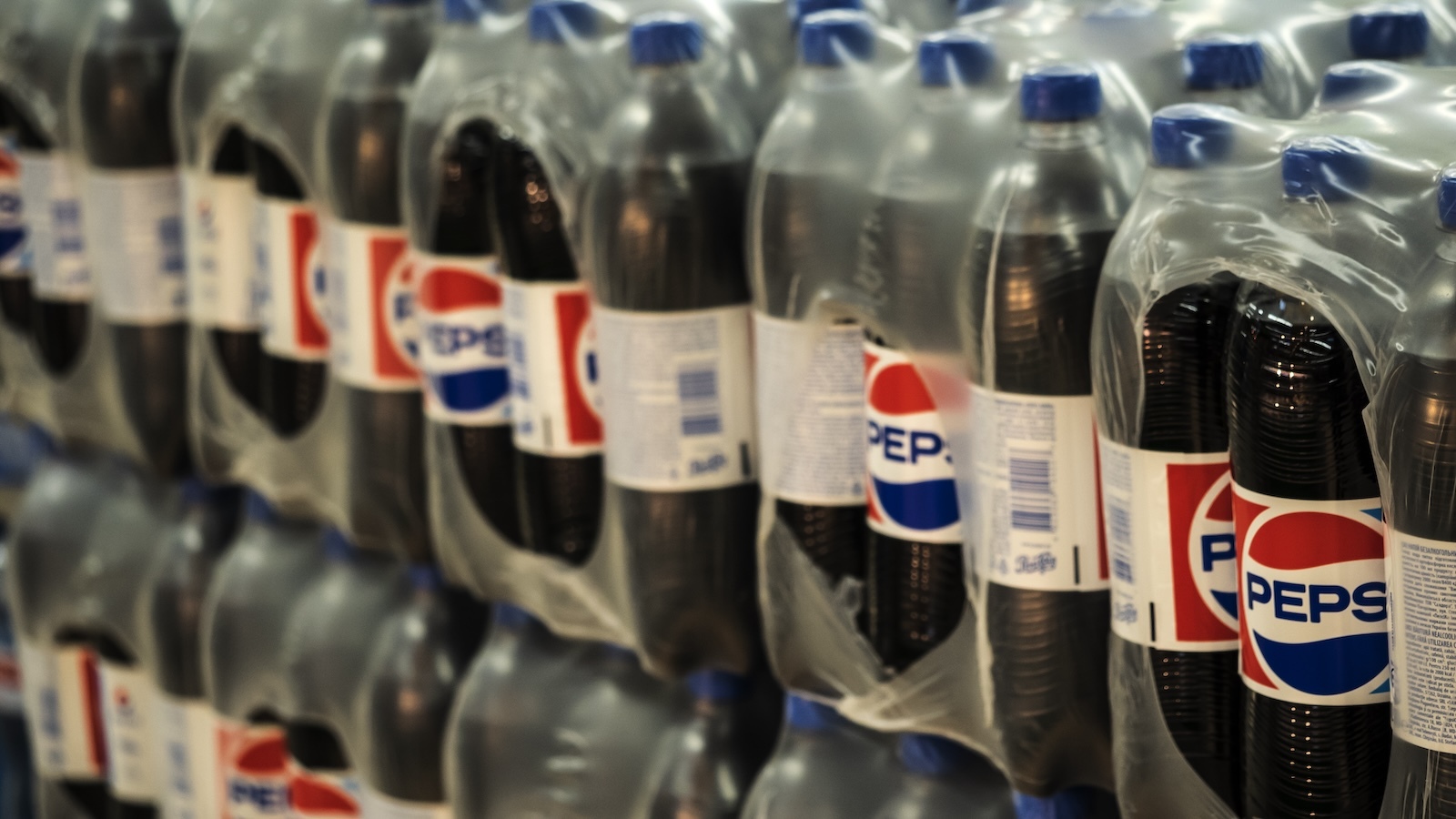The company’s packaging was found to be the most significant contributor to plastic waste clogging the Buffalo River.
Plastic trash produced by the company PepsiCo has become a “persistent and dangerous form of plastic pollution” for residents of the Buffalo River watershed in upstate New York, according to a new lawsuit filed Wednesday.
The suit, brought by New York Attorney General Letitia James, is one of the first legal challenges from a state against a major plastic producer. It draws on a 2022 investigation from James’ office in which PepsiCo-branded plastic packaging was found to be by far the most significant contributor to plastic waste clogging the Buffalo River and its tributaries. Out of nearly 2,000 pieces of plastic trash collected at 13 sites along the waterways, PepsiCo products — which include brands like Aquafina, Cheetos, Gatorade, and Lay’s — accounted for more than 17 percent of those with identifiable branding.
All that plastic litter is breaking down into tiny fragments — microplastics — that are winding up in Buffalo’s water supply and the fish that people eat. Some of the chemicals contained in microplastics are carcinogenic, and researchers have raised concerns that the particles could cause reproductive dysfunction and other maladies.
“PepsiCo’s irresponsible packaging and marketing endanger Buffalo’s water supply, environment, and public health,” James said in a statement.



They should just create a bottle exchange like they do with glass bottles and aluminum cans. Charge the same 5 cents, and people will go out of their way to collect bottles to return for that 5 cents. Most people won’t even notice the bump in price, and their habits won’t change. But there’s always others looking to make money, and this opens a new avenue to keeping more plastic out of the environment.
Those bottles already have that deposit on them in New York State. I regularly see tons of people going around Buffalo picking up bottles and cans to take back to redemption centers for the deposit. All that plastic in the river is happening in spite of that 5 cent redemption.
Now this part is just an anecdote but the people I personally see most often chucking their bottles on the ground are Canadians tossing them out their car windows. Which makes sense since you can’t take them back across the border with you and still get the deposit back. They’d have to do it before heading back to Canada.
Sounds like they should adjust it for inflation: apparently the first bottle deposit started in 1971, so the correct price for the deposit in 2023 should be closer to 38¢. (Or maybe even more: Michigan’s bottle deposit has been 10¢ since 1976, so the inflation-adjusted price there would be 54¢).